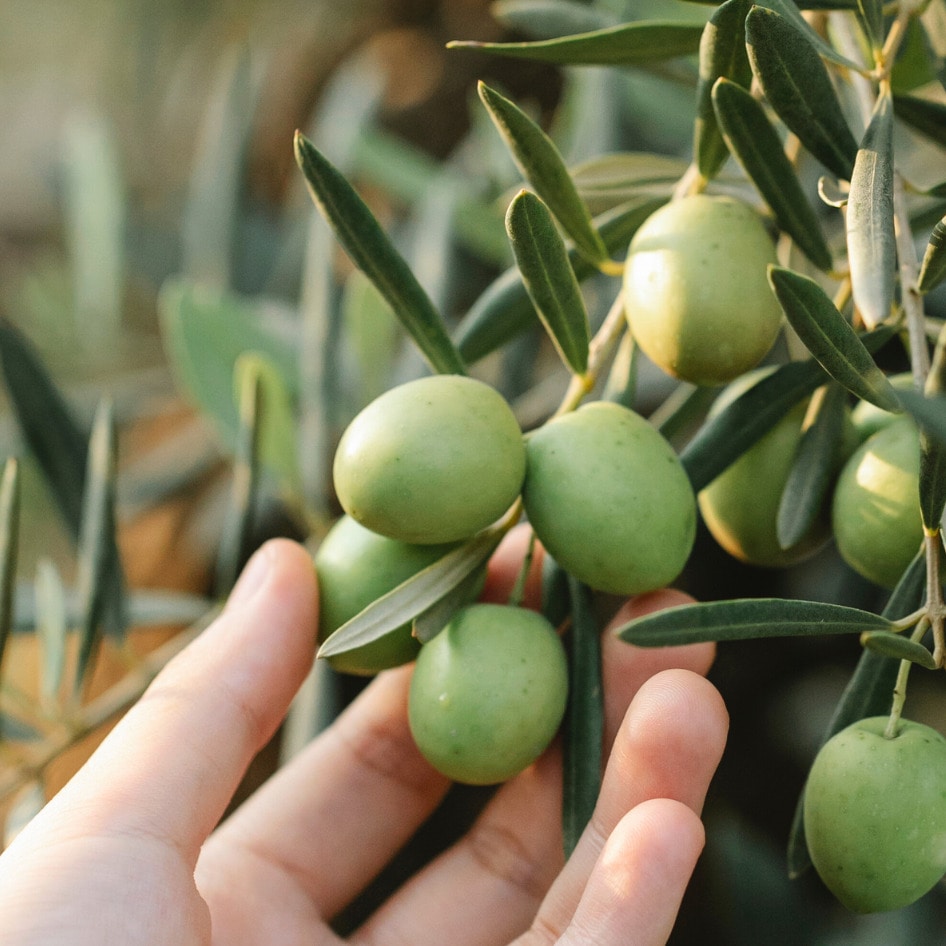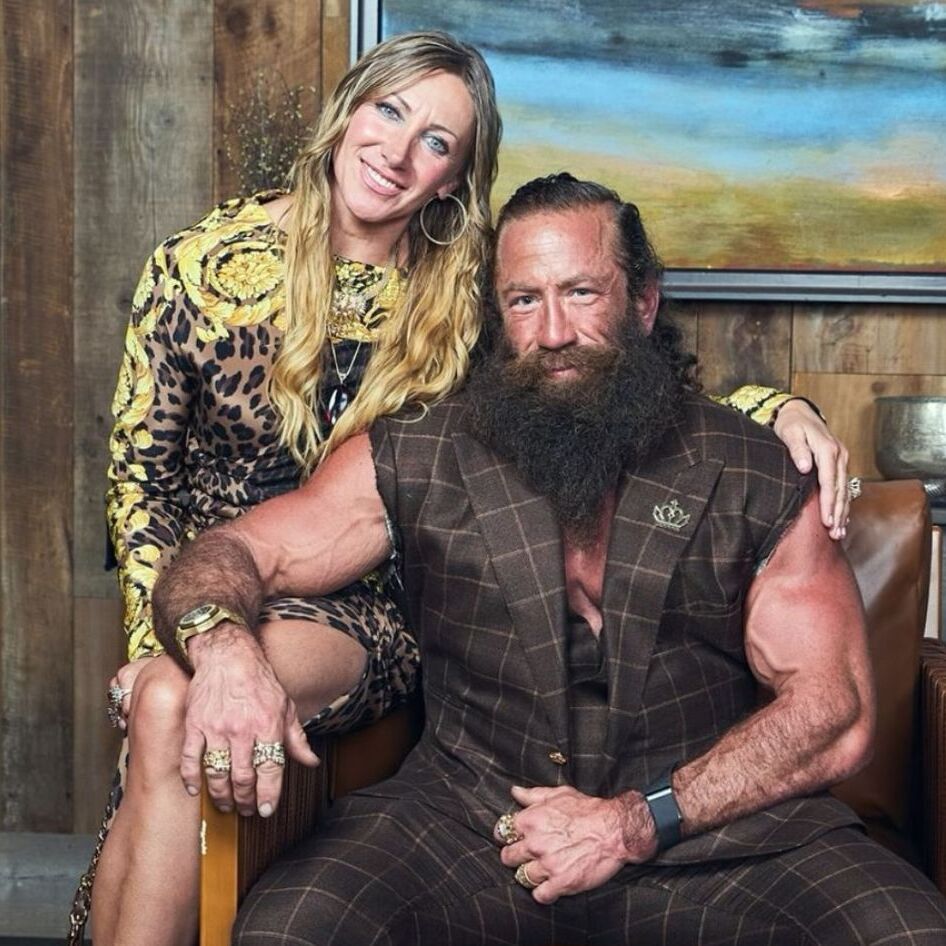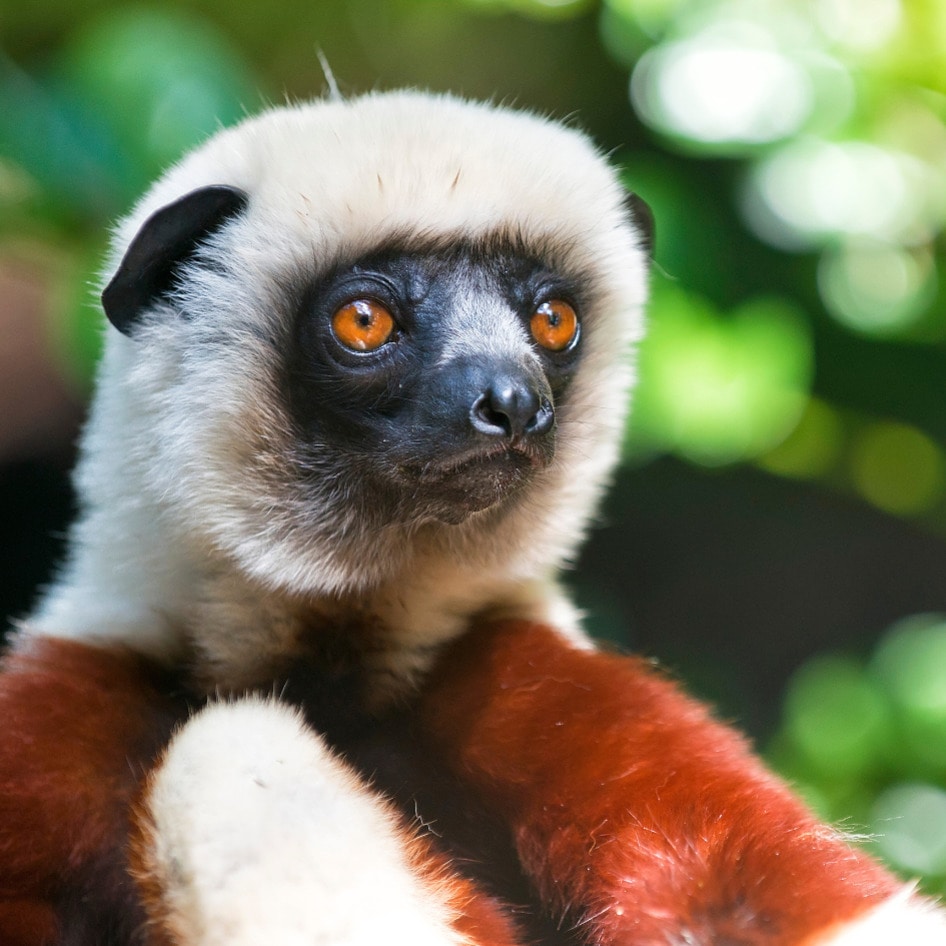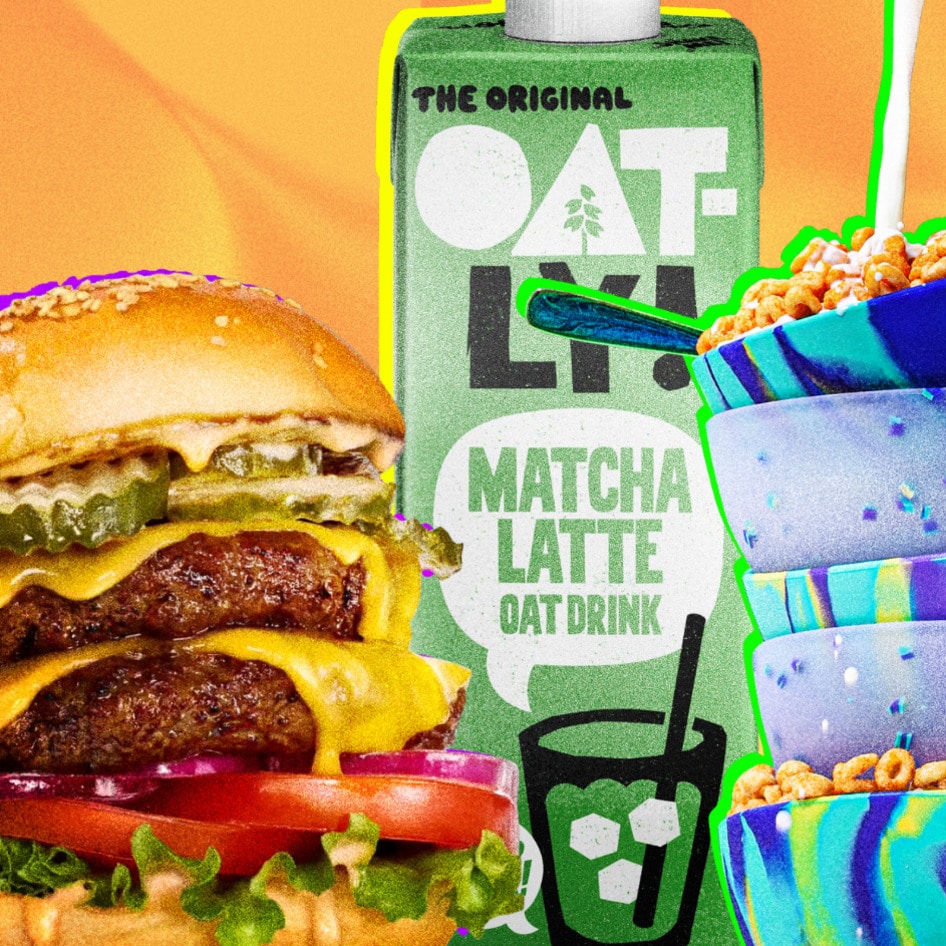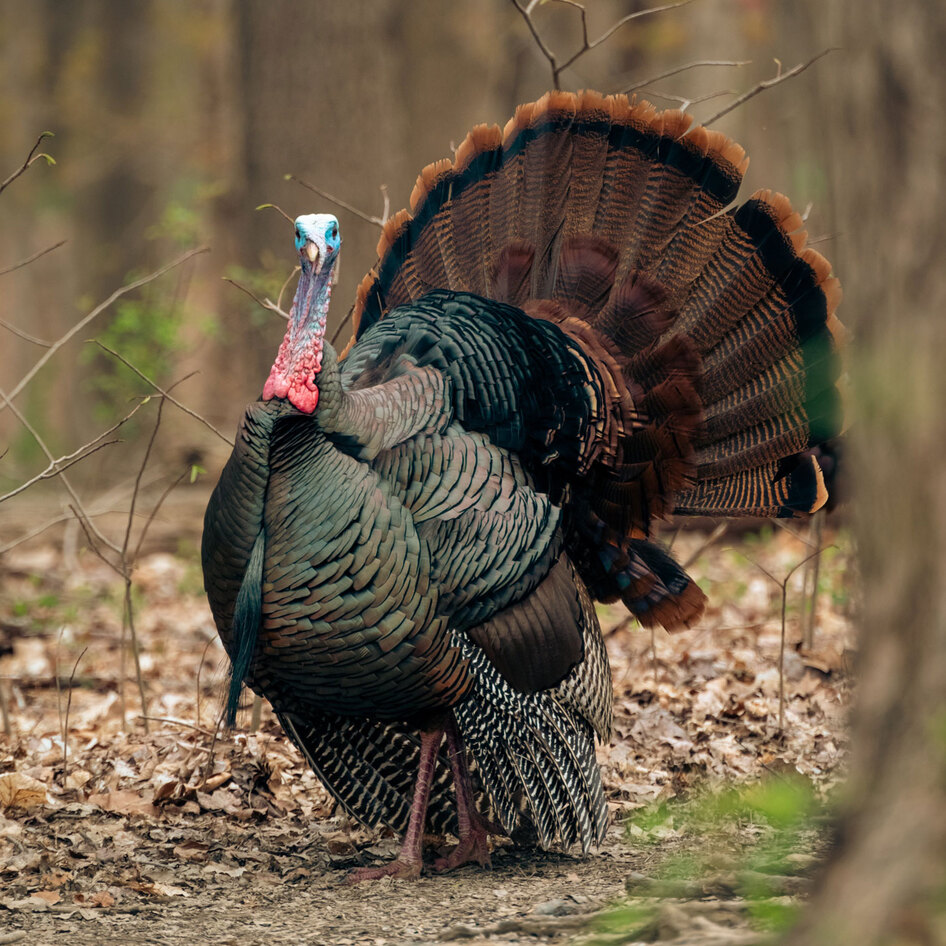Our early human ancestors were likely meat scavengers, not hunters. And that’s for one pretty simple reason: we just weren’t equipped to make the kill, research suggests.
Per Sky History, our ancestors did have strong teeth and jaws, but they didn’t have much in common with natural-born carnivores, like tigers. But that didn’t matter—because they lived among tigers (saber-toothed ones, to be exact) who could do the killing on their behalf. And after that, the early humans would come along and scavenge the meat from the leftover carcass.
Back then (and we’re talking nearly 2 million years ago), meat was only an occasional supplement to a diet predominantly made up of plant-based foods, like seeds, flowers, tubers, and fruits.
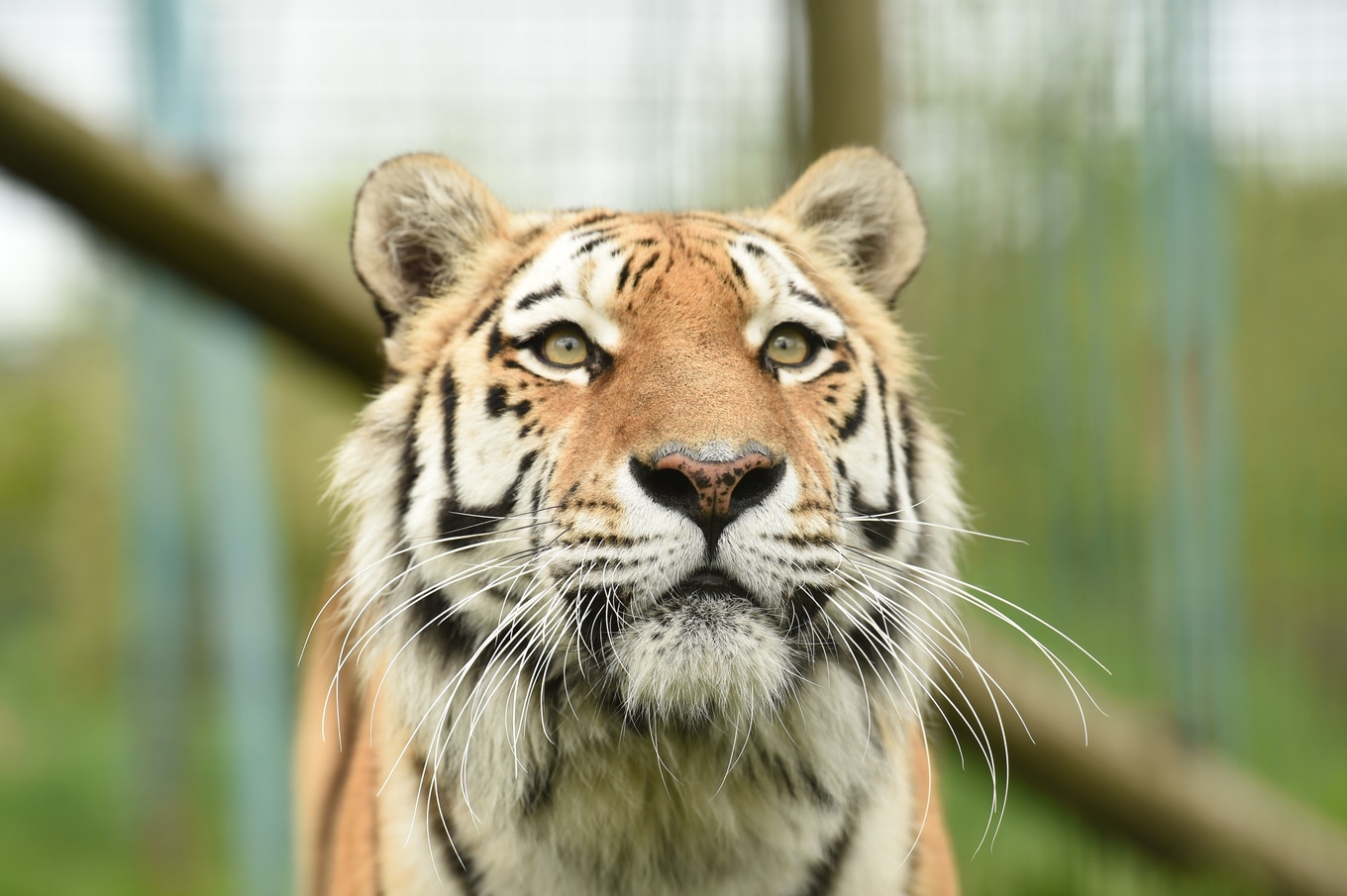 Pexels
Pexels
So, does this mean we’re not supposed to eat meat? After all, it was the big cat carnivores who developed the in-built tools to hunt and tear it apart—not us. But that said, our ancestors were smart enough to find it, work out how to cook it, and, in the end, their bodies could digest it, too. So does that mean we should keep eating it?
To state the obvious, a lot has changed in 2 million years. Our ancestors couldn’t fathom an industrialized concentrated animal feeding operation, for example, cramped with thousands upon thousands of animals awaiting slaughter. And they likely couldn’t picture the destruction we modern humans have caused the environment either.
The situation has changed, and so maybe our eating habits should, too. But not completely—animals might be off the table, but that doesn’t mean the meat is going anywhere.
Are humans supposed to eat meat?
The answer to this question depends entirely on who you ask. Animal-rights organization People for the Ethical Treatment of Animals (PETA), for example, maintains that our natural instincts are actually telling us not to consume meat.
“Most humans are revolted by the sight of blood, intestines, and raw flesh and can’t tolerate hearing the screams of animals being ripped apart,” it notes. “The bloody reality of killing and eating animals is innately repulsive to us.”

Others maintain it’s not that simple, and that our biology has evolved in a way that enables us to digest animal flesh without getting sick. And after we were scavengers, we learned to hunt for ourselves, proving that PETA’s theory is perhaps not true for our ancestors. Or at least, it didn’t repulse them enough to stop doing it altogether.
“Our digestive tract is not one of obligatory herbivores,” notes Canadian scientist Vaclav Smil in an excerpt of his book, Should We Eat Meat?: Evolution and Consequences of Modern Carnivory, published in Scientific American. “Our enzymes evolved to digest meat whose consumption aided higher encephalization and better physical growth,” before adding that the development of cooperative hunting also played a role in the “development of language and socialization.”
However, Smil goes on to address the fact that while we may have evolved to eat meat, the way we produce it now has undeniably become a significant burden on the planet. And it’s true: if we don’t change the current system of CAFOs and mass slaughter, we’re going to have big problems. In fact, we already have big problems.
Why the way we eat meat needs to evolve once more
Right now, in the US alone, there are millions of land animals waiting to be slaughtered, and their flesh will be made into everything from chicken nuggets to pork chops to beef burgers. Most of them come from CAFOs, also known as factory farms. In fact, in the US, research suggests that 99 percent of all animal products can be traced back to factory farms.
On these farms, animals are kept in cramped, industrialized conditions. Multiple reports suggest that factory-farmed chickens have little more space to turn around than the size of an A4 sheet of paper, for example.
Animal agriculture is also a leading driver of deforestation and rising emissions. Over the course of one year, just one cow will emit around 220 pounds of methane into the atmosphere. Methane is a greenhouse gas, which is around 25 times as potent as carbon dioxide when it comes to trapping heat.
Other environmental issues associated with animal agriculture and factory farming include river and lake pollution, ocean dead zones, and soil erosion. And yet, the meat industry is still growing. Right now, it’s worth more than $897 billion.
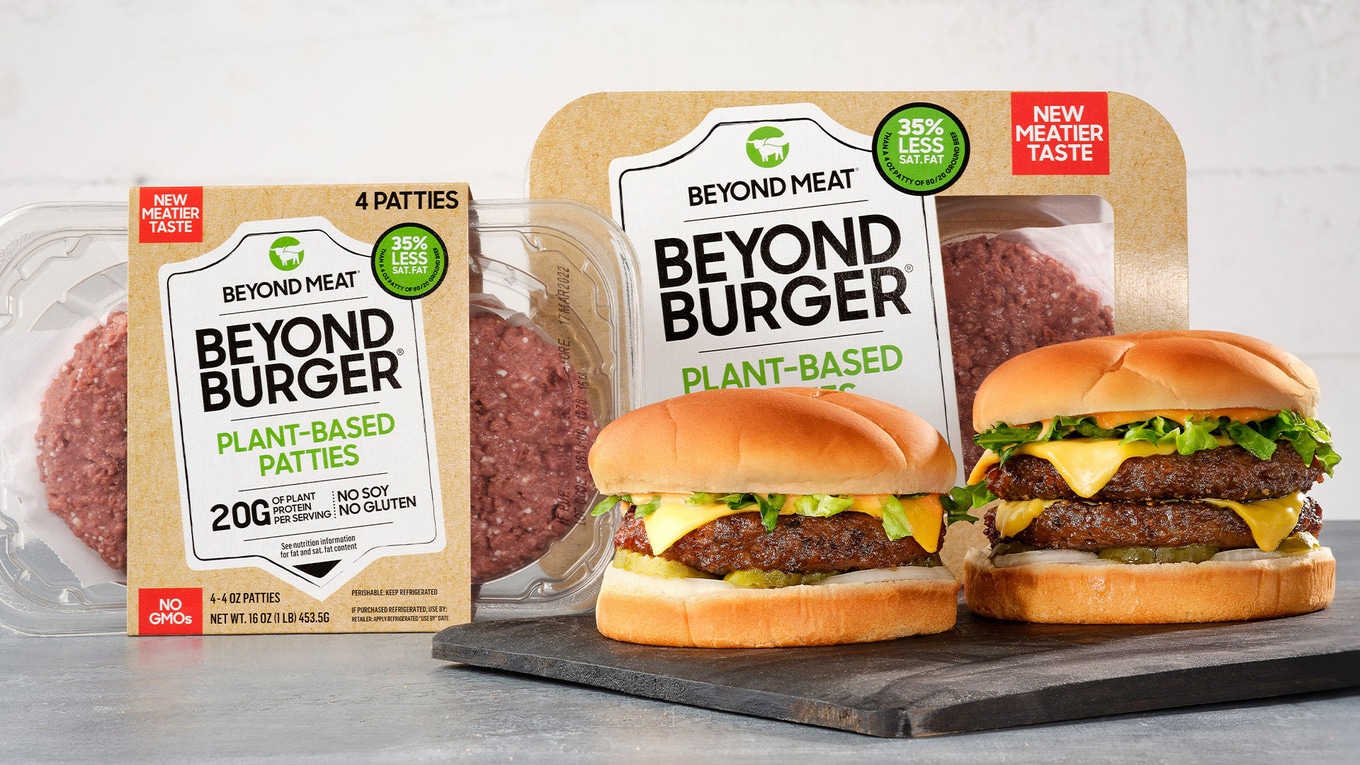 Beyond Meat
Beyond Meat
BECOME A VEGNEWS VIP: Get exclusive product deals, freebies, and perks galore!
But there is a solution. And it works for those who want to keep meat in their diet and those who don’t: alternative proteins.
Alternative protein can take many forms, but one of the most popular is plant-based meat. This involves taking plant-based ingredients and turning them into a product that looks, cooks, and tastes like meat, only without the animal. This market is growing, too. In the next decade, it may even hit $162 billion, according to some reports.
Cultivated meat is another form of alternative protein. And like plant-based meat, it aims to give the same texture, taste, and experience as traditional meat, only instead of real, farmed animals, it’s grown from animal cells in bioreactors. In June 2023, the US became the second country in the world, after Singapore, to give cultivated meat the seal of approval.
It might seem strange and futuristic, but alternative protein is just another step in meat’s evolution. At first, we scavenged it, then we hunted it, and after that, we farmed it. And then we farmed it, and farmed it, and farmed it some more. But now, it’s time to embrace some new ways of creating our much-loved meat. Because regardless of whether or not we were supposed to eat it in the first place, the bottom line is, today, it’s not going anywhere. And if we don’t change soon, our appetites are going to cost us the planet.
For more on alternative protein, read:
JUMP TO ... Latest News | Recipes | Guides | Health | Subscribe



